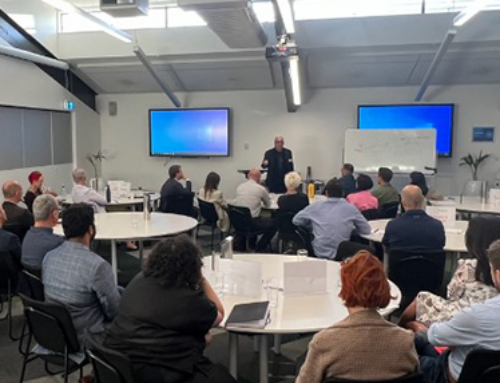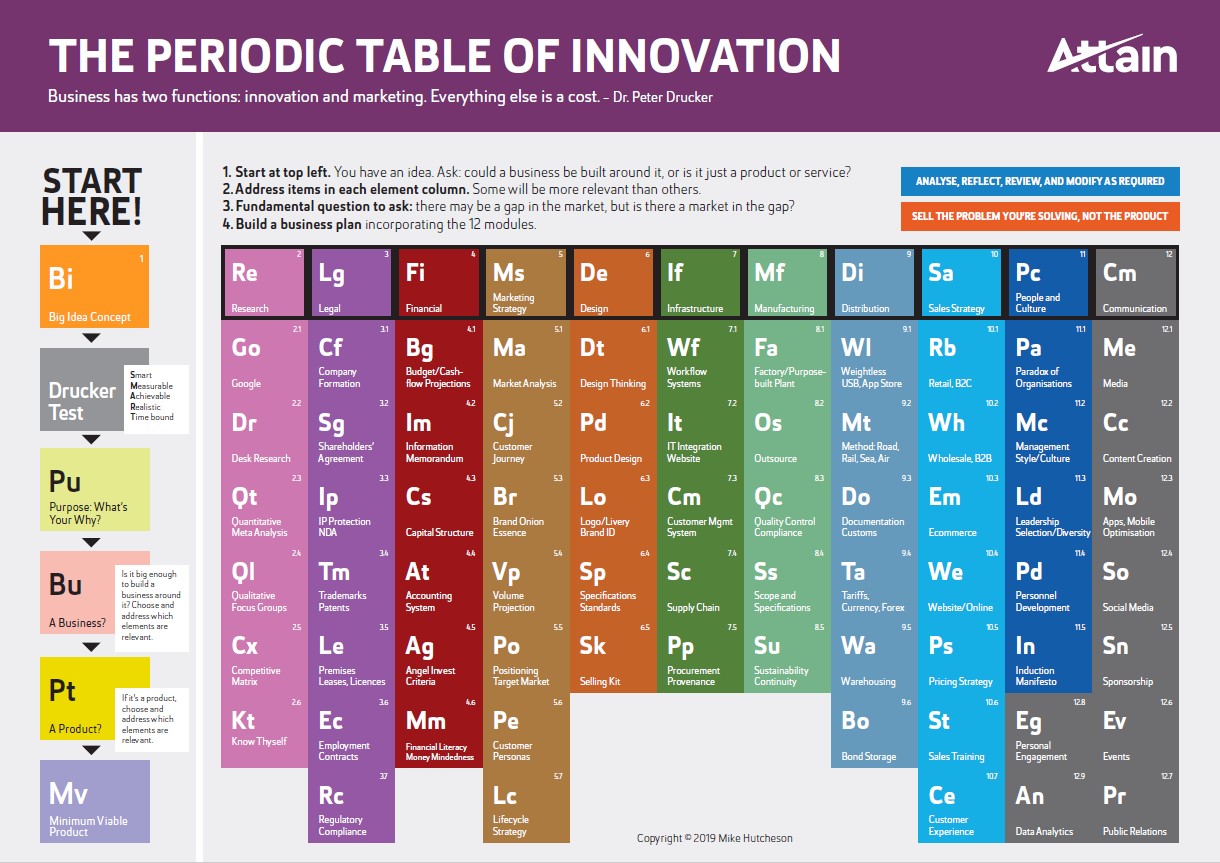Sure, rules are important in business organisations to ensure consistency, accountability, and compliance. However – from what I’ve noticed, when rules become overly rigid, they can stifle creativity, innovation and individuality.
I believe that in order to achieve success, businesses need to find the right balance between adherence to rules and allowing for flexibility and creative thinking.
In a rapidly changing business environment, it is essential to embrace a culture that encourages experimentation, risk-taking, and learning from failure.
A rule-bound culture can lead to a lack of initiative, lack of innovation, and a culture of blame.
In contrast, an environment that encourages rule-breaking and innovation can lead to a culture of creativity and growth, one that values innovation and risk-taking.
Companies such as Apple, Google, and Amazon have achieved success by breaking the rules and challenging the status quo. They have created products and services that were not possible in a rigid rule-bound culture.
Innovation often comes from the edges of the organisation, where individuals are willing to challenge the rules and take risks.
We need more of that.
These individuals can be the catalysts for change and growth.
Organisations that promote a culture of innovation and risk-taking create an environment where rule-breaking is encouraged and rewarded.
It is essential to have a clear understanding of the rules and regulations that govern your organisation.
However, there is a danger that adherence to rules and regulations can lead to a culture of compliance and conformity, which stifles creativity and innovation.
Rules should be seen as guidelines, not absolutes.
Employees should be encouraged to challenge rules and regulations that are outdated or no longer relevant.
By encouraging rule-breaking, businesses can create an environment that fosters innovation and creativity.
Passive conformity is the enemy of progress.
Nothing new happens in the middle of any milieu. Change happens at the edges, where the risk-takers and outliers reside, and where necessity is the mother invention.
Sir Ernest Rutherford, the exemplar of New Zealand inventiveness nailed it when he said; “We don’t have the money, so we have to think”.
Remember, it is the rule-breakers who often make us change the way we think, and that is what leads to progress and growth. Do that. Do more of that.






